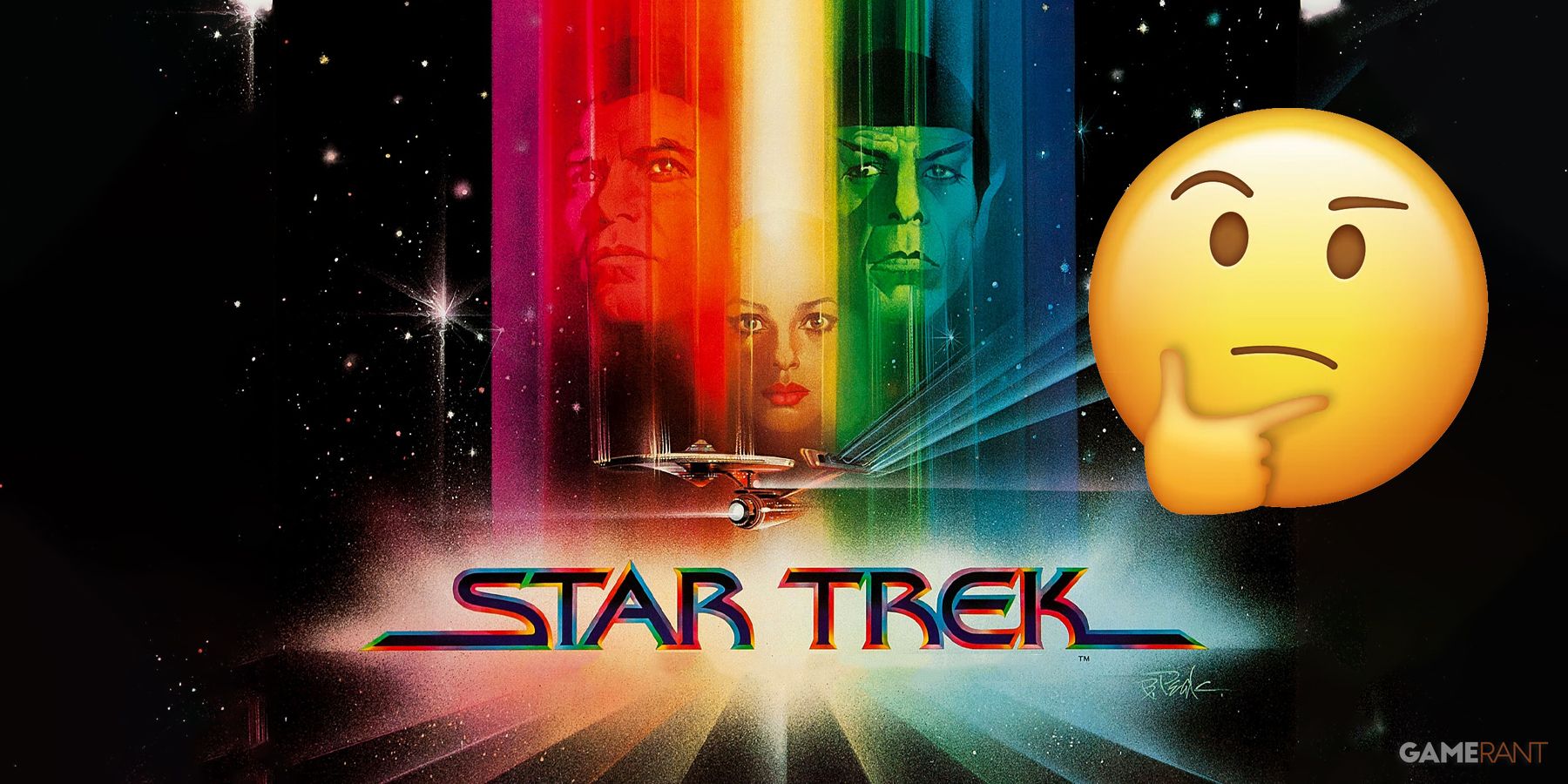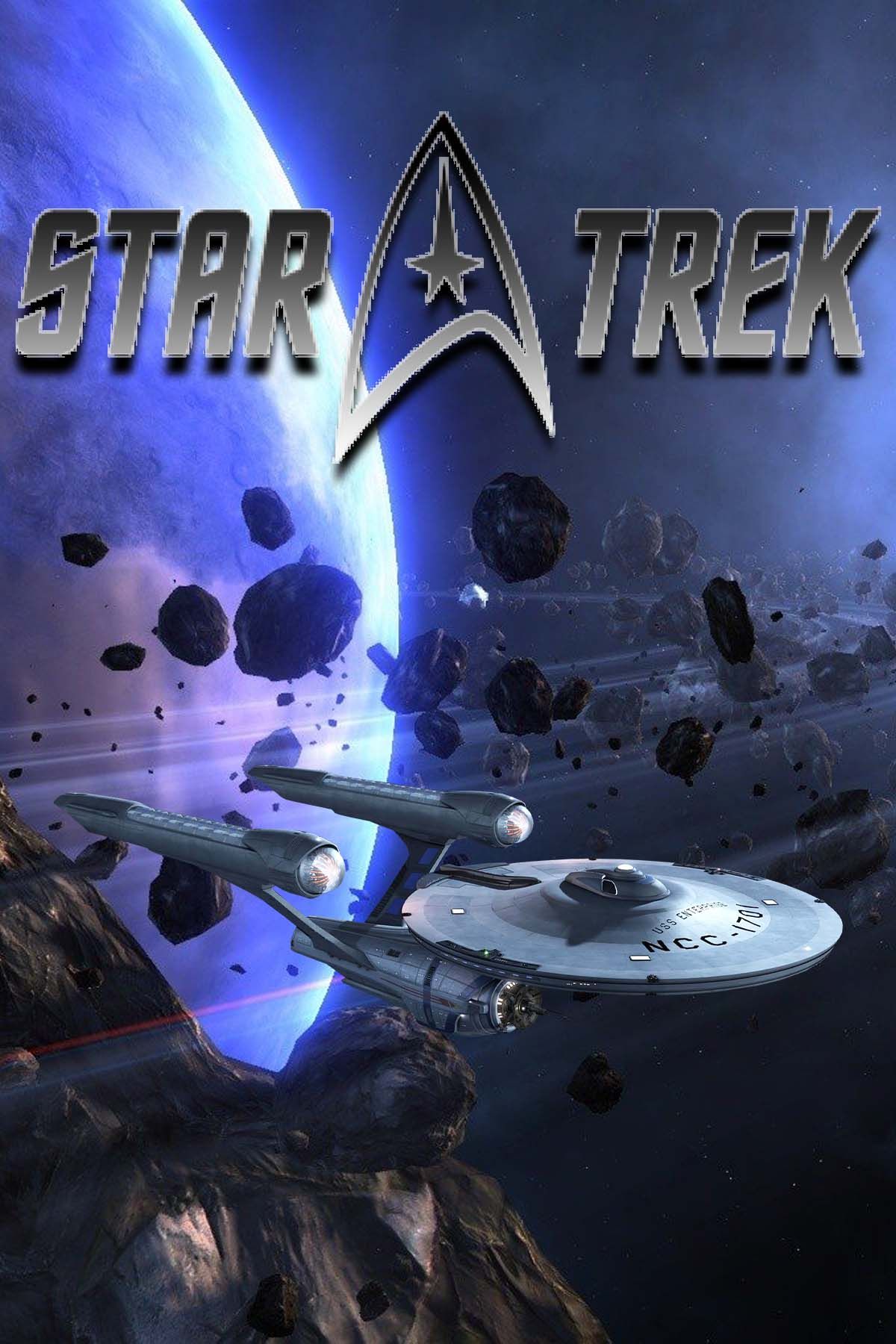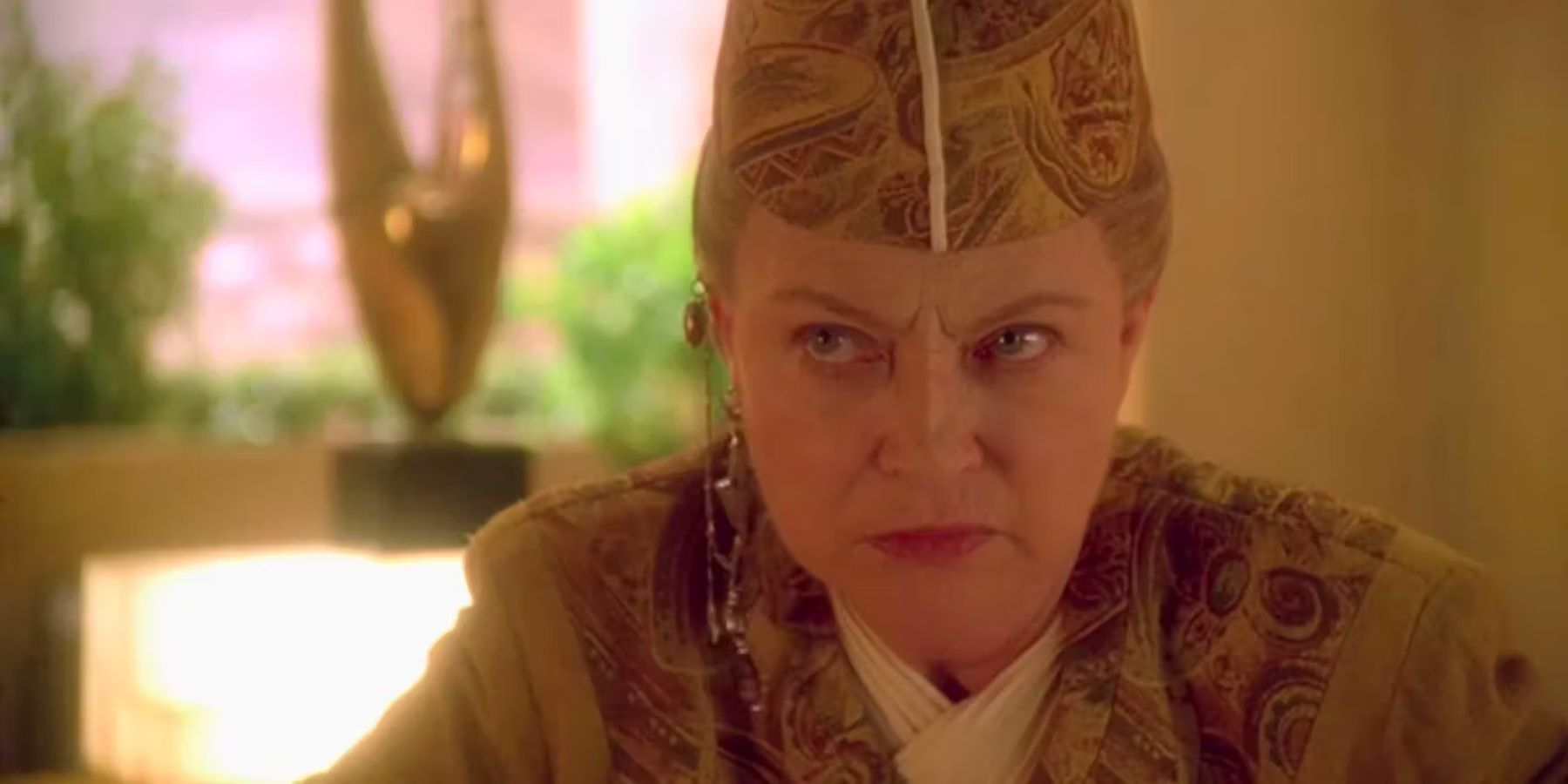
Highlights
- Star Trek, despite its optimistic portrayal of the future, has never been a perfect, war-free utopia.
- The franchise explores themes of violence, discrimination, and corruption within the Federation and Starfleet.
- A fan’s analysis challenges the idealistic view of Star Trek, highlighting conflict as a major aspect of its appeal.
While Star Trek has always been perceived as giving an optimistic and utopian view of the future it portrays, one fan takes to the internet to argue that this view isn’t realistic at all, despite decades of fans holding new shows and movies to this standard.
Star Trek has always primarily portrayed the far future of humanity, with interstellar travel and a world united in the face of a vast universe filled with other intelligent species. From the beginning, franchise creator Gene Roddenberry envisioned a hopeful, utopian vision of humanity’s future, where the human race had advanced and unified to the point of venturing outwards to help other races. This included ideas like Star Trek‘s positive portrayal of AI and advanced technology, portraying a money-free human society, and more.
Star Trek Fans Notice An Interesting Detail About Strange New Worlds Season 2’s Phasers
Star Trek fans are confused about why the assault phasers in Strange New World’s season 2 finale are the same as those issued in Section 31.
However, this ideal was not long for the world, even under Roddenberry’s short run as creative head, as one fan on Reddit pointed out in a robust and well-written post. On the site’s r/startrek board, user RhythmRobber penned a post with the bold title, “Star Trek has almost never been the perfect, war-free utopia we say it is.” In the several-paragraph long post, they would go on to make the case that Star Trek has never actually been the sort of utopia that even longtime fans tend to describe it as and lays the blame pretty squarely at the feet of one man: the distinguished fan favorite Captain Jean-Luc Picard, who was the main character of Star Trek: The Next Generation and the iconic character in the formative years of most fans of the franchise. Many fans point out that Picard is a better-written Star Trek character than Kirk, but this exact quality might be the issue.
RhythmRobber explains that because Picard was written to exemplify the best of humanity and see the best of humanity as well, this rose-colored view of the future portrayed in Star Trek would keep that utopian view in the minds of fans even as the narrative on screen branched further and further away from the ideal, even within Picard’s adventures. They then prove this with a show-by-show rundown of the franchise’s themes and events, rapidly disproving the idea that the Federation or its Captains and crews were ever far removed from violence, disorder, and even discrimination during the various shows in the franchise. The contrast is especially stark when you look at things from the viewport of other captains who aren’t Picard, from the quick-to-strike Captain Kirk to potential Star Trek war criminal Captain Benjamin Sisko.
While some fans in the responses defended the idea, RhythmRobber seems to have the right idea regarding the false notion of a utopia, and a thorough read of their post is worth the time. While Earth and the Federation seem to be above wars and petty squabbles, a close look at things like Section 31 and many of the corrupt and downright evil people that have managed to infiltrate Starfleet and the Federation seems to be conclusive proof that even on home turf, things aren’t as rosy as Picard and the fans wish they could be. One major contributor to the positive light is that Star Trek doesn’t explore any of the anti-science tropes in some sci-fi, making it inherently more optimistic about the future than many other popular sci-fi franchises, many of which are dystopian. In truth, however, the intrigue and appeal of the franchise, like many others, comes from the conflict and not the ideals.
While fans understandably want a utopian future to be one of the things early sci-fi got right about the modern world at some point soon, Star Trek isn’t the best example of such an equitable outcome when looked at closely. However, the franchise’s enduring success and the prevalence of this false narrative show that, above all else, Star Trek has left a mark on generations of fans along with a yearning for a better world.
The Star Trek franchise is available for streaming on Paramount Plus.

Star Trek
Star Trek is a space exploration franchise created by Gene Roddenberry. The series has spanned shows like The Original Series, The Next Generation, and Voyager. More recently, developer Scopely came out with Star Trek Fleet Command, a mobile title where you can be captain of your ship.
- Created by
- Gene Roddenberry
- First Film
- Star Trek: The Motion Picture
- Latest Film
- Star Trek Beyond
- First TV Show
- Star Trek: The Original Series
- Latest TV Show
- Star Trek: Strange New Worlds
- Creation Year
- 1966

Star Trek: Deep Space Nine – Who is Winn Adami?
Winn Adami’s sinister presence is menacing throughout Star Trek: Deep Space Nine.
Source: RhythmRobber/Reddit